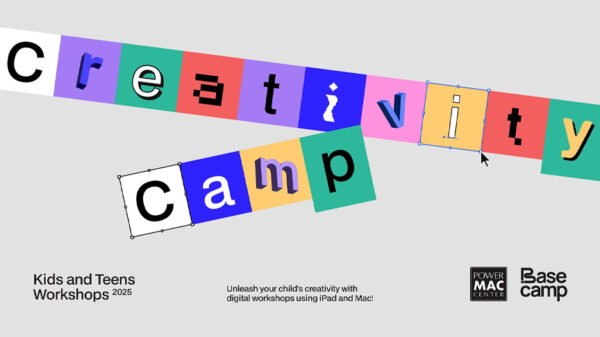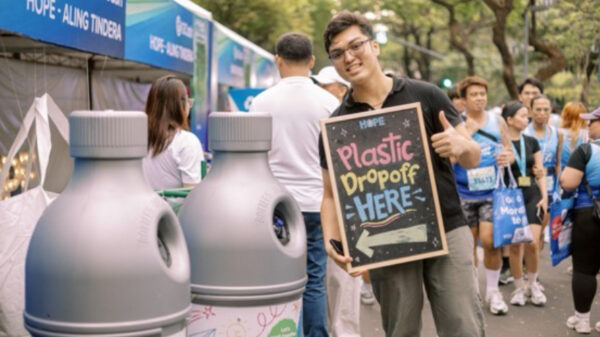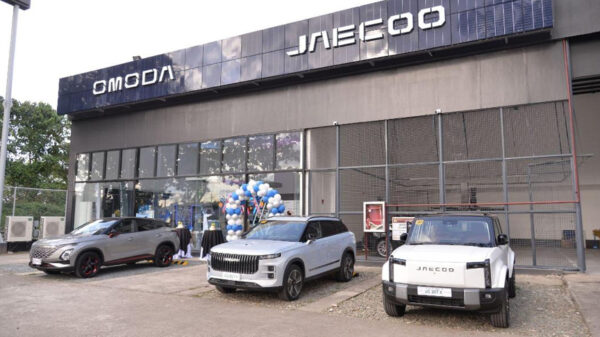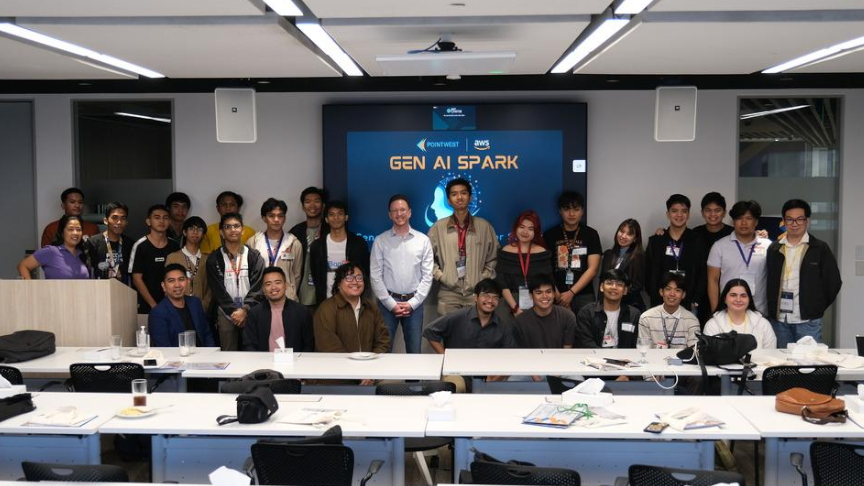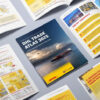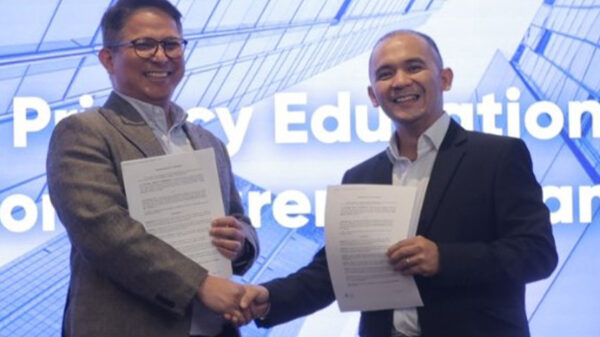Filipino college students proposed new ways to harness the transformative power of generative AI (GenAI) in tackling real-world challenges at the GenAI Spark Hackathon held last May 9 and May 23 at the Amazon Web Services (AWS) Office in Bonifacio Global City, Taguig.
The hackathon organized by Filipino-owned IT and BPM service provider Pointwest, in partnership with AWS, saw students from 11 universities develop prototypes using GenAI that can have real-life applications.
Students from the University of the Philippines-Diliman and Los Baños, De La Salle University, Polytechnic University of the Philippines, Technological University of the Philippines, National University-Baliwag, University of Asia & the Pacific, Pamantasan ng Lungsod ng Maynila, Cavite State University, Bulacan State University, and Laguna State Polytechnic University participated in the hackathon.
According to Pointwest CEO Mitch Gross, the hackathon aims to encourage college students to pursue a career that will leverage their skills in GenAI and establish the Philippines as a leader in the GenAI revolution.
“GenAI is truly a transformative technology with the potential to boost creativity and productivity, enable personalization, advance scientific discovery, and impact just about every aspect of the way we live, work, and play,” Gross said.
Winning ideas
University of the Philippines-Los Baños students Albrave Albayda, Angel Naguio, and Ben Bensali were named the winners of the hackathon, besting eight other teams from ten universities with their prototype of a 360-degree dashboard and chatbot for Human Resources professionals and managers. They received a cash prize of P30,000 for their winning idea.
For Albayda, Naguio, and Bensali, GenAI can be used by organizations to make sense of complex in-house data, which, in turn, can streamline their decision-making process and enable professionals to focus on tasks that require their expertise. They also acknowledged its role in transforming the economy and democratizing knowledge.
De La Salle University students Paul Ivan Enclonar, Arrow Paquera, and Derek Burias came in second place and won a cash prize of P20,000 with their SMS-based messaging service that provides relevant information to farmers.
Nathaniel Mercado, Petter Sapalo, and Sean Caranzo from the University of the Philippines-Diliman completed the top three and won a cash prize of P10,000 with their idea of an application that can generate exercises for teachers and students.
Teams were given two weeks to develop their prototypes with the aid of AWS Skill Builder, a self-paced learning platform on all of AWS’s services. The winners were chosen based on the uniqueness, creativity, and innovativeness of their ideas.
According to Gross, AWS has been their partner in the Philippines since 2013—a partnership that enabled Pointwest to provide AI, machine learning, and data analytics services to its local customers across different industries.
“By co-sponsoring this hackathon, AWS and Pointwest seek to demonstrate the impact and value of GenAI through real-world use cases,” Gross explained.
Tapping potential
Gross said that the prototypes are just among the many examples of how GenAI can contribute to solving real-world problems with its ability to create new data, concepts, and solutions. However, he reiterated that, despite its potential to boost creativity and productivity, GenAI should still be regarded as a tool.
“Human oversight and judgment will both remain critical in order to ensure that it is used responsibly, safely, and ethically,” he explained.
Pointwest has been helping businesses leverage emerging technologies such as GenAI to forge a new path towards new possibilities for insights and innovation. The company has also been helping develop students and young professionals to be well-versed in new technologies through bootcamps and internship opportunities.
For fresh graduates and young professionals interested in a career that allows them to showcase their skills in GenAI and other emerging technologies, visit pointwest.com.ph/careers.




